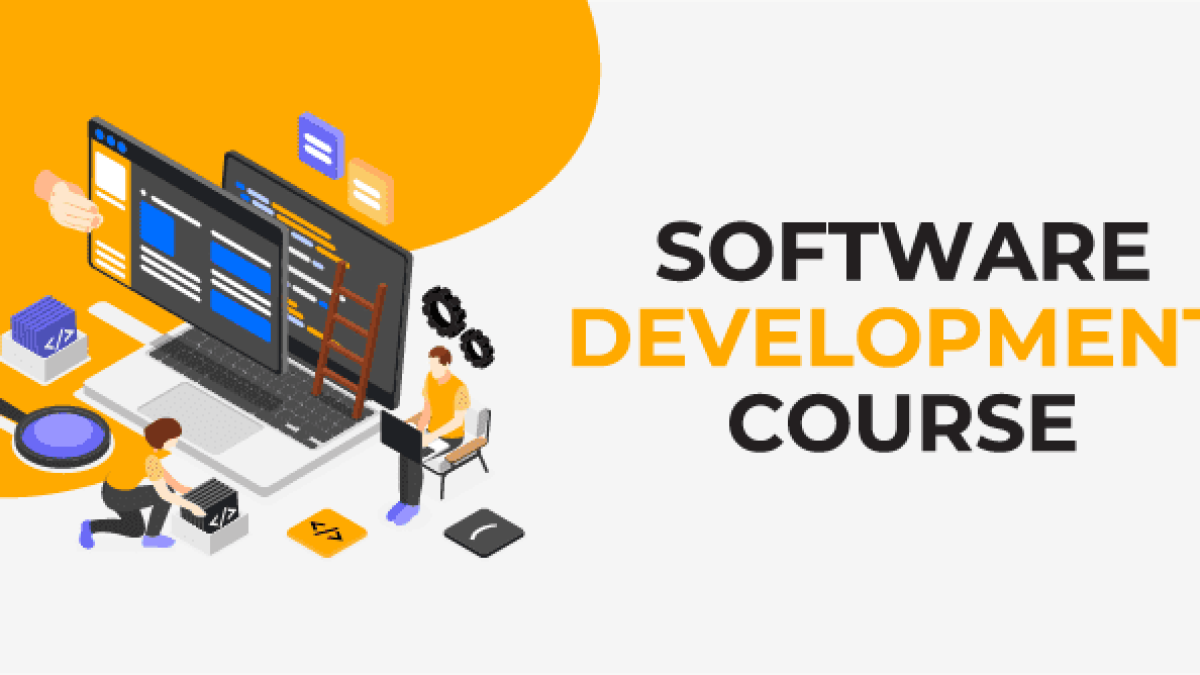Exploring the Benefits of a Software Development Course
Unlocking Potential: Exploring the Benefits of a Software Development Course
In the fast-paced world of technology, software development skills are in high demand. Whether you’re a seasoned professional looking to enhance your expertise or a newcomer eager to break into the industry, a software development course can be a game-changer for your career. Let’s delve into the numerous benefits of enrolling in a software development course and how it can open doors to new opportunities across popular social media platforms like Facebook, Twitter, TikTok, YouTube, and Instagram.

1. Comprehensive Learning Experience: A software development course provides a comprehensive learning experience that covers all aspects of software development, from programming languages and frameworks to development methodologies and best practices. Participants gain hands-on experience with industry-standard tools and technologies, learning how to design, build, and deploy software applications from start to finish. Whether you’re interested in web development, mobile app development, or software engineering, a software development course equips you with the knowledge and skills needed to succeed in the field.
2. Practical Skills Development: One of the key benefits of a software development course is the opportunity to develop practical skills that are directly applicable in real-world scenarios. Participants work on projects and assignments that simulate real-world challenges and scenarios, allowing them to apply their knowledge and problem-solving skills in a practical setting. By gaining hands-on experience with coding, debugging, testing, and optimization, participants develop the confidence and proficiency needed to tackle complex software development projects with ease.
3. Stay Updated with Industry Trends: The field of software development is constantly evolving, with new technologies, frameworks, and methodologies emerging at a rapid pace. A software development course keeps participants updated with the latest industry trends, innovations, and advancements, ensuring that they remain informed and competitive in the ever-changing landscape of technology. Whether it’s learning about the latest programming languages, cloud technologies, or DevOps practices, participants gain valuable insights into the trends shaping the future of software development.
4. Networking Opportunities: A software development course offers valuable networking opportunities for participants to connect with peers, industry experts, and potential collaborators. Participants have the chance to interact with instructors and fellow students, exchange ideas, share experiences, and build relationships that can lead to future collaborations or career opportunities. Additionally, many software development courses provide access to online communities, forums, and networking events where participants can continue to engage and collaborate long after the course has ended.
5. Career Advancement and Growth: Investing in a software development course can significantly enhance career prospects and open up new opportunities for professional growth and advancement. Whether you’re looking to advance in your current role, transition to a new career path, or start your own business, acquiring specialized skills and expertise in software development can set you apart from the competition and position you as a valuable asset to employers or clients. By completing a software development course and earning certifications, participants demonstrate their commitment to continuous learning and professional development, enhancing their credibility and marketability in the technology industry.
In conclusion, a software development course offers a wealth of benefits for individuals looking to excel in the dynamic and competitive field of technology. From comprehensive learning experiences and practical skills development to staying updated with industry trends, networking opportunities, and career advancement, a software development course provides invaluable resources and opportunities for participants to unlock their potential and achieve success in the digital age. By leveraging the benefits of a software development course and integrating them with popular social media platforms like Facebook, Twitter, TikTok, YouTube, and Instagram, participants can showcase their skills, connect with industry professionals, and embark on a rewarding career journey in software development.



